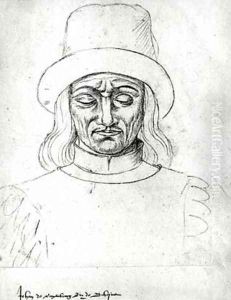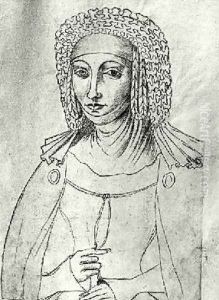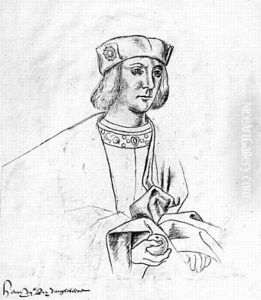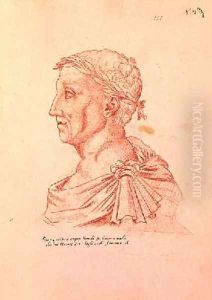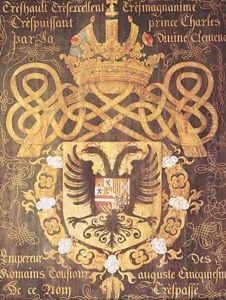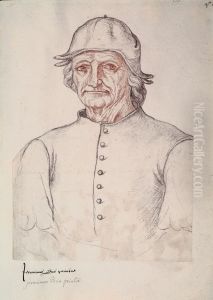Jacques Le Boucq Paintings
Jacques Le Boucq, sometimes spelled as Jacques Le Boucqu or Le Boucq, was a French Renaissance artist known for his work as a portrait painter. Born around 1520 in Arras, which was then part of the Spanish Netherlands, Le Boucq was active during the 16th century, a period rich in artistic innovation and characterized by the spread of Renaissance ideas throughout Europe.
Le Boucq is often noted for his portrait drawings, which provide a valuable record of the appearances of many individuals from the upper echelons of society during his time. He was part of the circle of artists that were influenced by the Italian Renaissance but also retained a distinct Northern European artistic tradition, which is evident in his detailed and realistic approach to portraiture.
Despite his contribution to art, Jacques Le Boucq is not as widely known as some of his contemporaries. This is partly due to the fact that many of his works are attributed to other artists or are anonymous. However, the body of work that is attributed to him shows a skilled hand and a keen eye for capturing the personality and status of his sitters. His portraits are typically marked by careful attention to detail, especially in the rendering of textiles and clothing, which was a significant aspect of status during the Renaissance period.
Le Boucq's life after his productive years as an artist remains somewhat obscure, and there is limited information regarding his later years. He is believed to have died around 1576. While his works might not be as widely recognized as those of some of his peers, Le Boucq's portraits remain important historical documents and are studied for their artistic value and contribution to the understanding of 16th-century portraiture.
